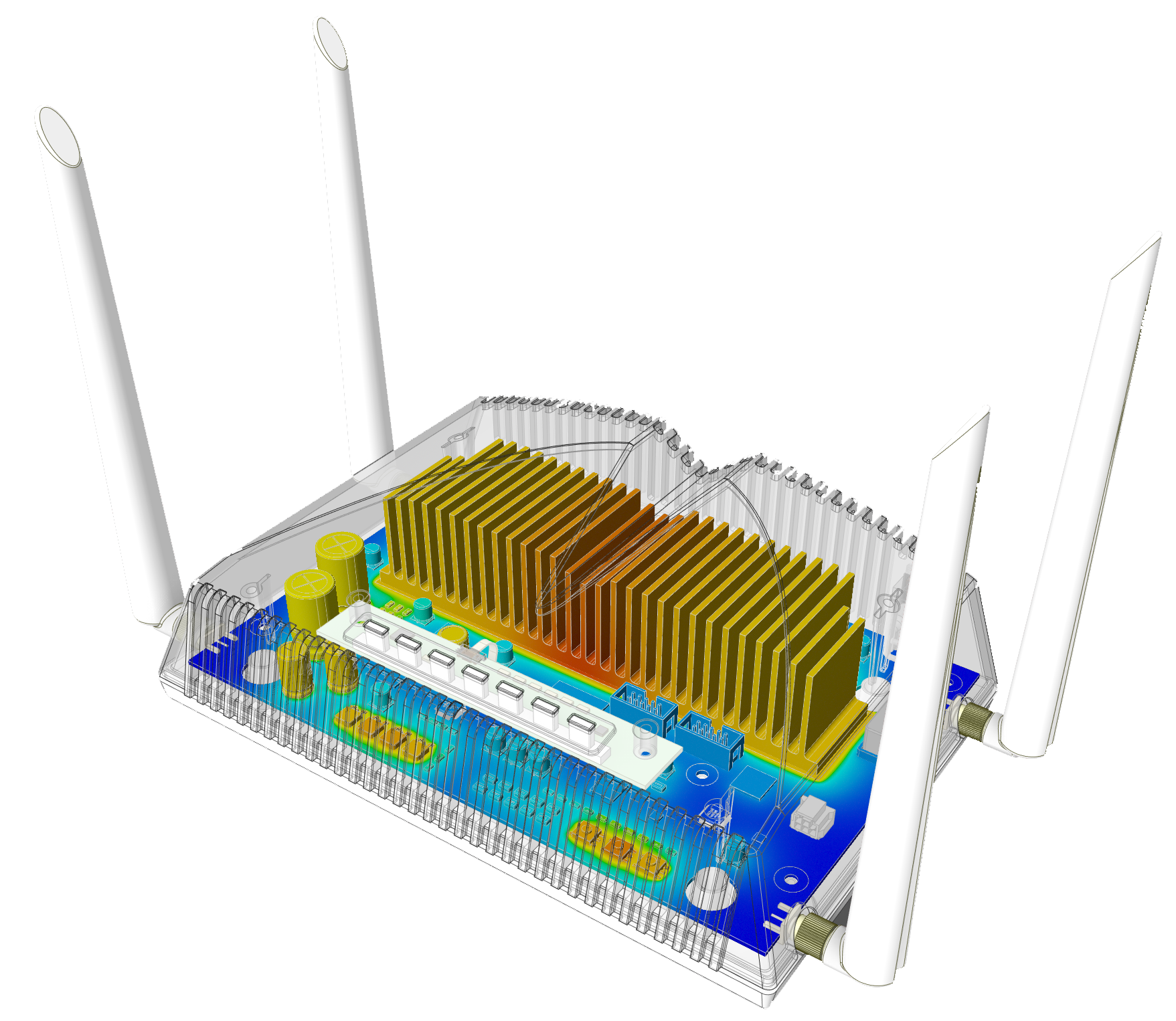The eCon Engineering Kft. has been awarded a HUF 502.28 million grant for their project “Precision characterisation of the nonlinear mechanical behaviour of reinforced and unreinforced polymer materials for engineering simulations” submitted to the National Research, Development and Innovation Office. Within the framework of the project, eCon Engineering Ltd. is conducting R&D work in collaboration with the University of Pannonia, with a main focus on the development of virtual models of advanced materials, in particular rubber (elastomers) and continuous fibre reinforced polymer composites.
The high demands placed on today’s engineering applications and products require the use of synthetic materials such as fibre reinforced polymeric materials, which can also be used as load-bearing elements, and synthetic/natural rubbers, which can be used to make gaskets and dynamic shock-absorbing structures. In many cases, the mechanical behaviour of these materials cannot be modelled using well-known approaches developed for metals. In addition to these, numerical simulation is an integral part of computer-aided product design processes, providing solutions to most physical problems.
More complex, highly nonlinear and sometimes orientation-dependent, as well as higher level approaches for the mechanical characterisation of these materials are known. The parameters of these models are difficult to determine due to their complexity. In order to use these sophisticated material models reliably in computer-aided virtual product design, material parameter fitting algorithms are needed that include as little simplification as possible and that can handle the statistical uncertainty of material behaviour.
The aim of the project is to develop algorithms and turn them into a user product for future engineering applications that can automatically process the raw mechanical test results of composite and elastomeric materials and fit the best available material models in the database with high accuracy. The main innovation of the built-in algorithms, in addition to automated data processing based to some extent on data-driven approaches, is the quantification of the statistical uncertainty of the information and the identification of the most representative model for the material in question. This can significantly increase the accuracy of engineering simulation, reduce the lead time for product development and ultimately the development cost.
